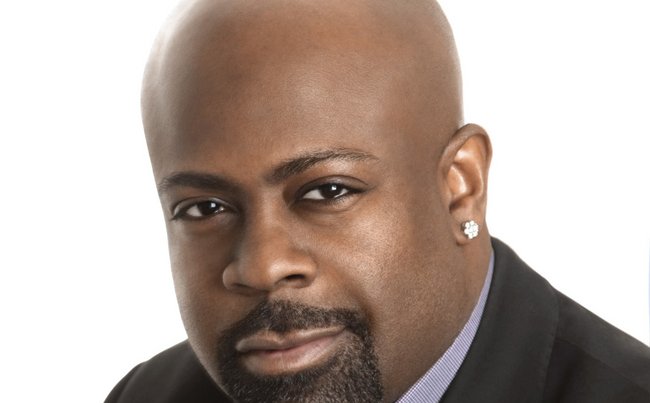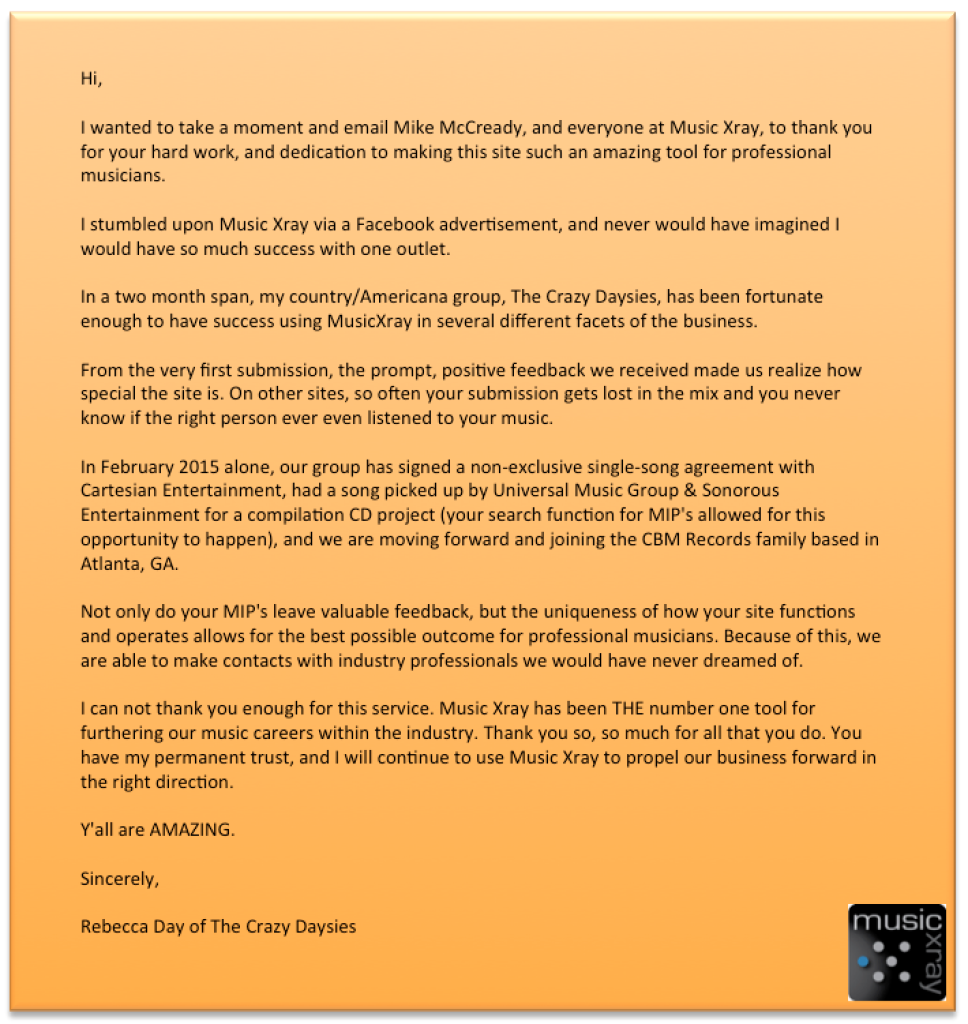Bob Moczydlowsky, Twitter’s L.A.-based head of music, will leave the company next month. He joined the company in 2013 from TopSpin Media, where he served as the SVP of product and marketing, and was brought on to strengthen partnerships between the music industry and Twitter.
When asked for comment, a Twitter spokesperson pointed to Moczydlowsky’s tweet from Friday afternoon (Feb. 27): “I’m ending my time at Twitter in a few weeks. I’ve loved every day of it, and will miss our great team. What’s next?
Shortly after Moczydlowsky was hired, the company shut down its music app Twitter #Music after just six months and was expected to revise its music strategy. (The But it’s possible the social-media giant hasn’t quite figured out its plan of attack. Moczydlowsky’s departure is the latest in a series of senior executive changes at Twitter, following the resignation of longtime media chief Chloe Sladden last June. In the months after Sladden left, the heads of her different departments soon followed, including sports head Geoff Reiss in July and news head Vivian Schiller in October. The company also saw its chief operating officer and former CFO Ali Rowghani depart in 2014 amid reports of culture clashes with CEO Dick Costolo.
One of Moczydlowsky’s most talked-about projects was linking Twitter with Lyor Cohen’s 300 Entertainment, a content company that uses Twitter’s data to measure artists’ potential and predict industry trends. When Billboard spoke to Moczydlowsky last February, he explained that giving 300 full access to Twitter’s data could potentially “help the industry figure out how to best invest in artists or how to direct their marketing campaigns,” and that the data would be available within a year.
Head of Twitter Music on What the Lyor Cohen 300 Deal Really Means (Updated)
Still, 300 executives recently confirmed to Billboard that no artist has been signed as a direct result of the Twitter alliance, and it’s unclear whether Moczydlowsky’s departure would create further snags. Cohen, meanwhile, announced last week that 300 signed Australian artist Meg Mac and will be bringing her to showcase at SXSW next month.










